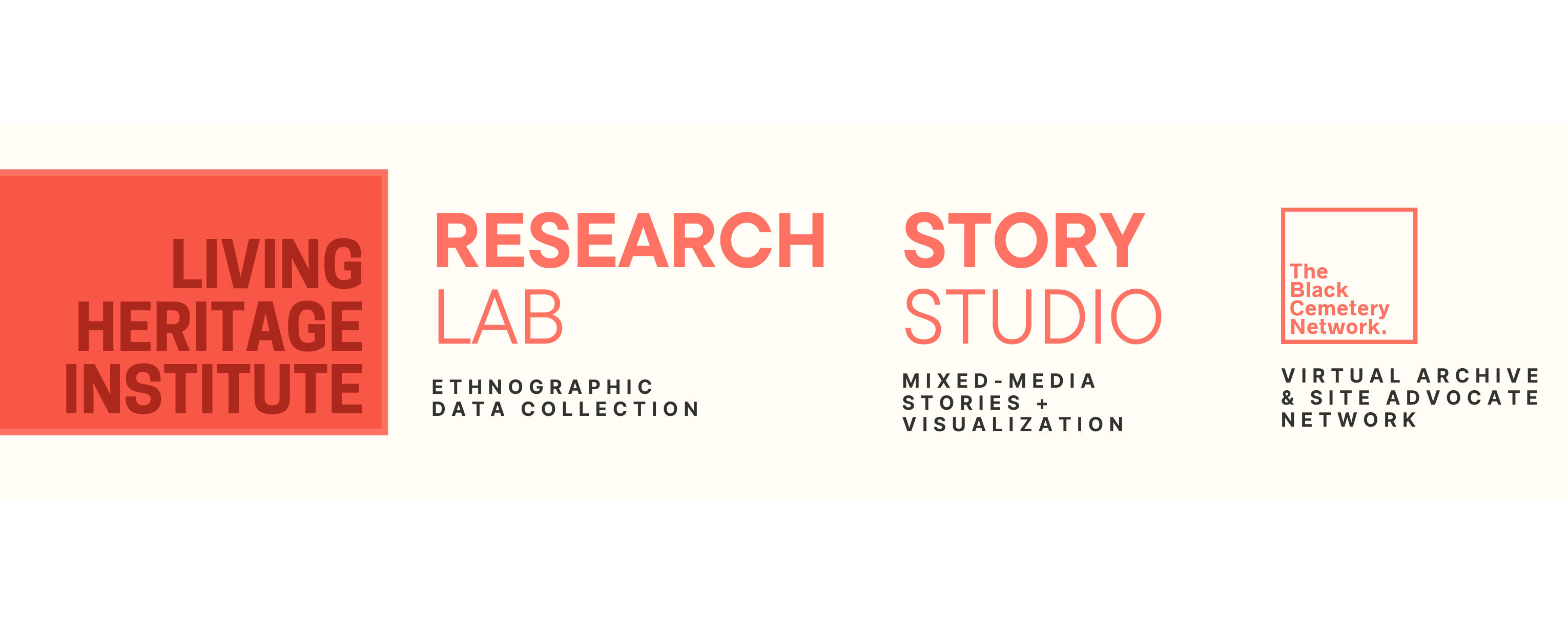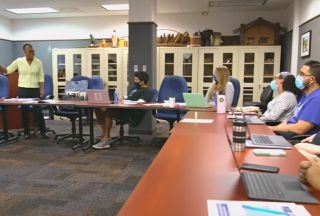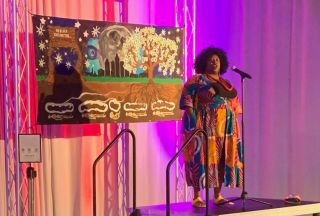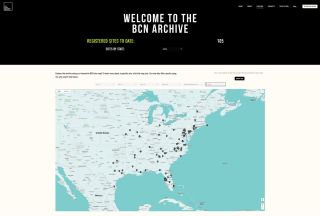About
LHI Synergy

The Living Heritage Institute (LHI) at the University of South Florida is an integrative platform for applied storytelling that works to extend sites of knowledge, practice, and collaboration beyond academic/institutional walls. The power of a good story is fundamental to how the LHI addresses complex problems in areas such as public health, education, conservation, urban planning, and heritage preservation. Our three-pronged organization reflects our approach to storytelling and social change via a synergy between the 1) Heritage Research Lab 2) Story Studio and 3) Black Cemetery Network.
1) Heritage Research Lab

Established in 2006, the USF Heritage Research Lab provides faculty mentorship, research training, and experience in applied anthropology to undergraduate and graduate students and other interested participants. As the primary research arm of the LHI, the lab continues to conduct ethnographic research and archival studies; collect oral histories and develop content for websites, story maps, and public outreach/training, to preserve and promote heritage.
2) Story Studio

The LHI Story Studio serves as the institute's creative core by promoting mixed-media projects which seek to create, share, and explore new forms of storytelling beyond institutional walls. The studio environment provides a space for reimagining and transforming academic research findings into dynamic and socially relevant content via the arts such as—spoken word poetry, prose, visual expression, graphics, and performance.
3) Black Cemetery Network

The Black Cemetery Network (BCN) is a national platform for highlighting activities to identify, interpret, preserve, and record African American burial grounds and their histories. Emphasis is placed on identifying, honoring, archiving, and preserving historic Black Cemeteries that have been erased, marginalized, underfunded, unmarked, or abandoned. Now part of the LHI, the network offers significant opportunities for generating future research projects, providing hands-on student learning experiences, building partnerships, and growing fundraising opportunities.